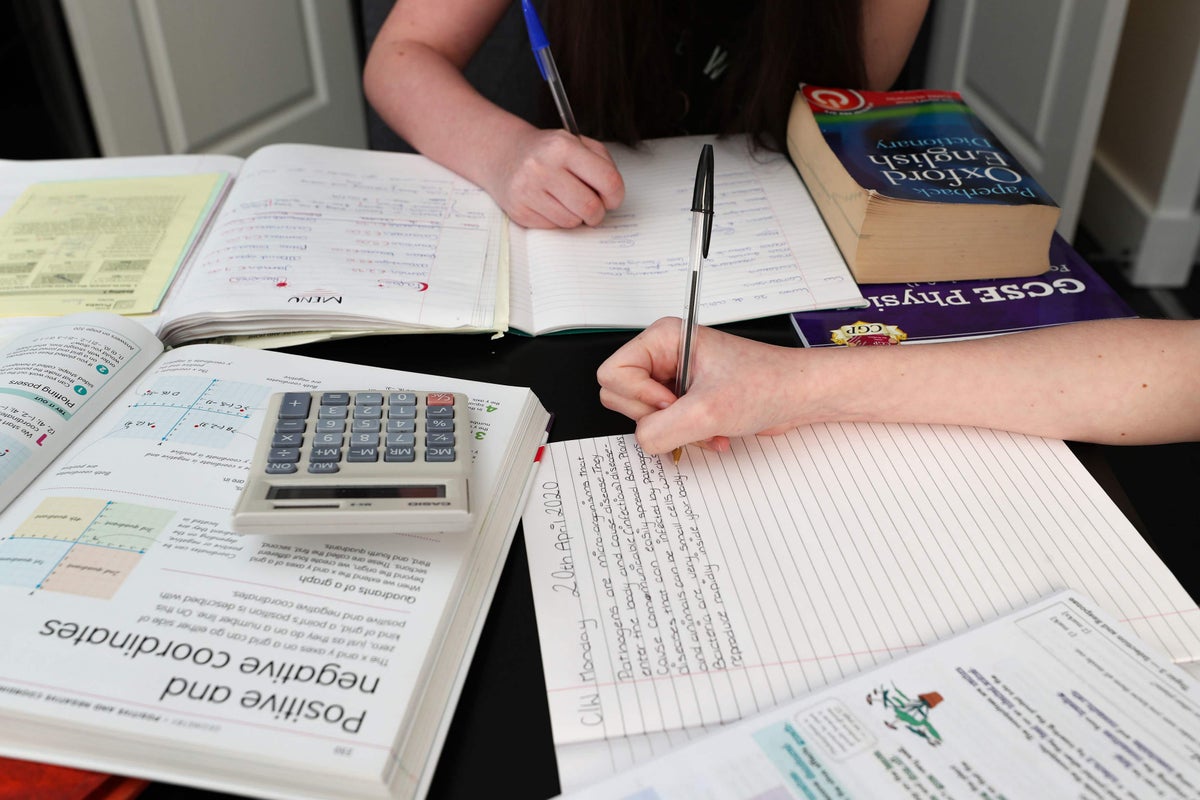
School closures and a free school meals “blunder” which ended in an embarrassing U-turn by Boris Johnson’s government during the pandemic are expected to be among issues scrutinised in upcoming hearings of the UK Covid-19 Inquiry.
It has not been confirmed whether the former prime minister will be called to give evidence as part of the children and young people module, which begins on Monday.
But former education secretary Sir Gavin Williamson is thought to be among those due to face a grilling by lawyers in the coming weeks.
It is expected various issues including provision for and decision-making around the most vulnerable young people will be considered as part of the eighth module of the inquiry.
Previous hearings in a separate module saw a former key adviser to Mr Johnson say the then-government had made a “huge blunder” around the Marcus Rashford free school meals campaign, lamenting a lack of diversity among policymakers.
The then-prime minister was told “hungry children” were not the place to start when considering restraint on public finances in the pandemic, former No 10 director of communications Lee Cain said in a written statement to the inquiry in 2023.
England footballer Rashford waged a high-profile campaign in 2020 to persuade the government to provide free meals to vulnerable youngsters in England throughout the school holidays during the pandemic, forcing Mr Johnson into a somewhat embarrassing U-turn, having initially rejected calls to extend the food voucher system into the holiday period.
The player was subsequently made an MBE in recognition of his activism, dedicating the honour to his mother and vowing to continue his work to help disadvantaged children.
The Covid inquiry has previously heard that Sir Gavin will be called to give evidence in this upcoming module.
In his time in charge of the education brief, he came under repeated pressure to resign over his handling of disruption to schools and the fiasco around grading of GCSE and A-level students amid cancelled exams.
After more than two years in the job, Sir Gavin was sacked from his cabinet role in September 2021, although he at the time declared he was “proud” of his post-16 education reforms “despite the challenges” of the pandemic.
Schools were closed to most children in the pandemic amid fears over spread of the coronavirus.
At a previous inquiry hearing Mr Johnson said he “hated” having to put restrictions on schools but defended a decision not to reopen them in summer 2020 as it would not have been “practically very easy to do”.
He said he had “listened respectfully” to his many colleagues, including Sir Gavin, who wanted to keep schools open, but added that doing so “wasn’t a runner” due to the risk of virus transmission in those environments.
This latest module will focus on the pandemic’s impact on children and young people across the four nations of the UK.
This will include how children across society, including those with particular health or special educational needs or disabilities and those from a range of different ethnic and socioeconomic backgrounds, were affected.
The inquiry is likely to examine the extent to which children and young people were considered as part of any preparedness and planning for a pandemic, and when decisions were being made on lockdowns.
Baroness Anne Longfield, who was children’s commissioner for England until February 2021, is due to give evidence on Thursday.
She has previously described the pandemic as having been a “disaster” for many disadvantaged and already vulnerable children, criticising the “indecisive” and even at times “indifferent” government approach to the impact of policy decisions.
Ahead of the hearings, she said children and young people were “often overlooked when important decisions were made” and that many in the Covid generation of children had suffered “devastating” consequences such as anxiety, poor mental health, lost learning and poorer job and life chances as a result.
She told the PA news agency: “Those children who were already vulnerable before the pandemic have been hit the hardest.
“We owe it to this generation of children to help them recover from the mistakes government made at the time and ensure children are never forgotten and overlooked again.”
Education unions are also expected to be part of the hearings, and called for lessons to be learned for any future crisis.
James Bowen, assistant general secretary for school leaders’ union NAHT, said the pandemic was a time when “the relationship between the profession and government reached breaking point”, while Matt Wrack, NASUWT general secretary, said it is clear “many” mistakes had been made in the pandemic’s handling which had “often made an extremely difficult situation more difficult than it needed to be”.
Pepe Di’Iasio, general secretary of the Association of School and College Leaders, said education providers had felt “poorly supported by the government during the Covid crisis, and were bombarded with huge tracts of muddled guidance”.
He warned that for any future crisis there must be “a particular emphasis on ensuring equity in future contingency planning” to ensure children from disadvantaged families are not left falling further behind.
